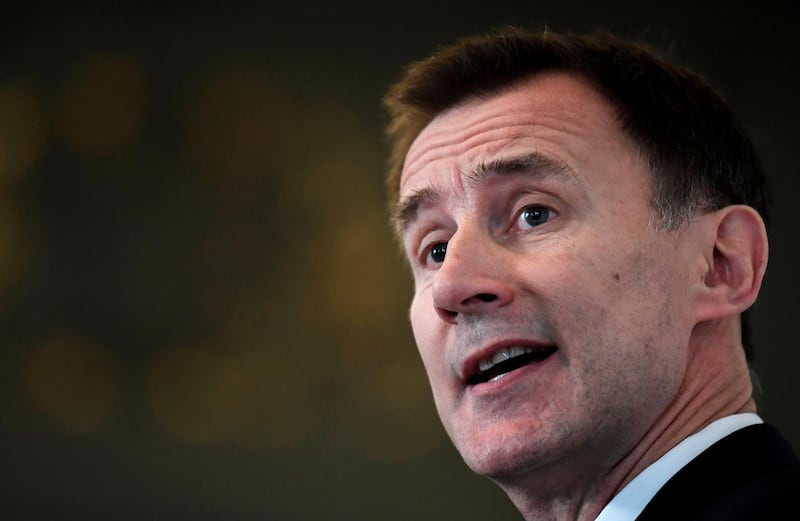Britain’s foreign minister Jeremy Hunt has said that Syrian president Bashar Al Assad was “here to stay” as a result of Russian intervention in the ongoing civil war, which is in its eighth year.
Speaking in parliament on Monday, Mr Hunt extended on comments he made in January when he said that he believed the Syrian regime’s leader would remain in power “for a while”.
Britain has persistently called for Mr Assad, who brutally suppressed opposition protests which began the devastating conflict, to leave.
Russian intervention, which began in 2015, turned the tide of the long running war in the Syrian president’s favour, and he has recovered huge swathes of land, controlling all of the country’s major cities. While the UAE and Bahrain reopened their embassies in Damascus last year, Britain has refused to resume diplomatic ties with Mr Assad.
Updating parliamentarians on the fight against ISIS, Mr Hunt warned that ISIS was still a threat in the region despite US President Donald trump’s plans to withdraw American forces from Syria.
"The territorial defeat of Islamic State does not mean the defeat of Islamic State," he told the House of Commons. "It is important in this battle not to claim victory too quickly as Islamic State could come back."
The foreign minister repeated warnings issued by US intelligence that ISIS was beginning to re-establish a foothold in Iraq.
On Sunday, the top US commander overseeing American troops in the Middle East said there were “tens of thousands” of ISIS fighters still in Syria and Iraq.
"They are dispersed and disaggregated, but there is leadership, there are fighters there, there are facilitators there," Gen Joseph Votel told reporters including CNN.
His words were in stark contrast to that of Mr Trump, who claimed in December when making the withdrawal announcement that ISIS had been “defeated” in Syria.








